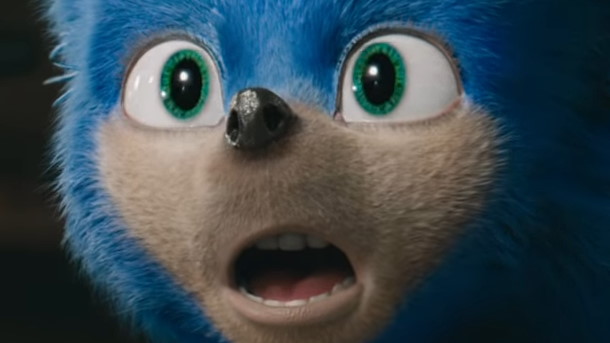Phil Spencer asked Microsoft's top brass to let Xbox buy Sega
Also considered Bungie and IO Interactive.

The US Federal Trade Commission is currently butting heads with Microsoft, as the regulatory body tries to block the software giant's proposed $65 billion acquisition of Activision Blizzard. Xbox head honcho Phil Spencer was the latest executive to take the stand and deny ever thinking about stuff he wrote a few years ago, and as part of the hearings a tranche of internal emails were made public. One of which shows the suits in Redmond licking their lips at the prospect of acquiring the iconic Sega.
A 2020 email from Phil Spencer to Microsoft CEO Satya Nadella and CFO Amy Hoodand makes the case for acquiring Sega in some detail, and requests "Strategy Approval to approach Sega Sammy regarding a potential acquisition of their Sega gaming studios." Sega Sammy Holdings is the result of a 2004 merger between Sega (gaming) and Sammy (pachinko). Microsoft, understandably, only wants the videogames.
Spencer goes on to say Sega has "a well-balanced portfolio of games across segments with global geographic appeal [that] will help us accelerate Xbox Game Pass both on and off-console." He attaches a memo and some bullet points about the Japanese giant, noting Sega's gaming division represents around half of Sega Sammy's total profits, "or ~$900M of revenue and $60-90M of operating income, in each of Sega Sammy's last three fiscal years."
There are some obvious notes to hit for why Sega would be a major asset, not least franchises like Sonic the Hedgehog, Yakuza, and the increasingly popular Atlus portfolio. It's also a major PC presence with not only the above but the likes of Football Manager, Total War, and Company of Heroes. Spencer's memo suggests future Sega games would launch "with subscription exclusivity" on Game Pass, though this wouldn't necessarily mean Sonic becoming Xbox exclusive: "we will continue to sell acquired games and franchises across all game platforms."
Sega was one of many potential acquisition targets for Microsoft at this time, even if it was "the most attractive" (don't worry Mr. Kotick, they say that to all the boys). Other potential acquisitions included Hades developer Supergiant Games, the now Sony-owned Bungie, Hitman developer IO Interactive, and Pokémon GO developer Niantic. Interestingly enough Microsoft is concerned that a Bungie acquisition may come with a "high burn-rate", though what's really driving the thought is that Destiny's one of the "highest hours generating titles on console Game Pass."
The email disclosure does not, unfortunately, include any reply from Nadella: it's unclear whether Microsoft chose to formally pursue this acquisition, or it fell by the wayside as Spencer eyed up even juicier targets. Another document dated April 2021 is a merger review that still lists Sega as a key target, among others, but until the Activision Blizzard affair is sorted out any other acquisitions are unlikely.
Buying Sega would have made some sense for Microsoft, and don't be surprised if it happens some way down the line. Sega is not just a legendary gaming company, but has had a close relationship with Microsoft since the late 1990s: Sega's console swansong, the too-good-for-this-world Dreamcast, ran on a customised Windows OS, and it's been a key third-party developer for Xbox from day one. Sonic may well be blue but, now and forever, the green is what keeps him running.
Keep up to date with the most important stories and the best deals, as picked by the PC Gamer team.

Rich is a games journalist with 15 years' experience, beginning his career on Edge magazine before working for a wide range of outlets, including Ars Technica, Eurogamer, GamesRadar+, Gamespot, the Guardian, IGN, the New Statesman, Polygon, and Vice. He was the editor of Kotaku UK, the UK arm of Kotaku, for three years before joining PC Gamer. He is the author of a Brief History of Video Games, a full history of the medium, which the Midwest Book Review described as "[a] must-read for serious minded game historians and curious video game connoisseurs alike."

